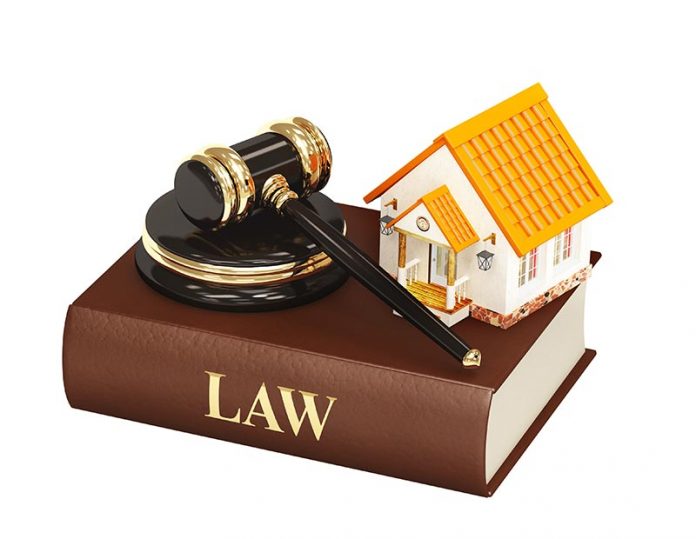By: Magna Carta Law Office
A mortgage is a contract whereby a person (mortgagor), assigns a property to another person (mortgagee) as security, without delivering the property to the mortgagee.
The mortgagee is entitled to be paid out of the mortgaged property in preference to ordinary creditors regardless as to whether or not the ownership of the property has been transferred to a third person.
A mortgaged property is a security for the performance of the obligation and for the interest, compensation in case of non-performance of the obligation and costs of enforcement of the mortgage.
Immovable properties of any kind can be mortgaged. However, duly registered movables can also be mortgaged, such as ships of five tons and over, floating houses, beast of burden, or any other movables with regard to which the law may provide registration for that purpose.
A mortgage over land does not extend to the buildings built upon such land by the mortgagor after the date of the mortgage unless there is a special clause in the contract. However, in any case, the mortgagee can have such buildings sold with the land, but he can exercise his preferential right only against the price obtained for the land. Mortgages over buildings built or constructed upon or under the land of another person does not extend to such land, and vice versa. Mortgage does not extend to the fruits of the mortgaged property except after the mortgagee has notified the mortgagor or the transferee of his intention to enforce the mortgage.
To enforce a mortgage when the mortgagor defaults, the mortgagee shall notify the debtor by writing in advance to perform the obligation within a period of not less than 60 days from the day that the debtor receives such notice. Otherwise, the mortgagee may bring an action to the court for a judgment ordering the mortgaged property to be seized and sold by public auction.
If in case the mortgagor mortgaging property as security for the performance of an obligation by another person, the mortgagee shall deliver such notice to the mortgagor within 15 days from the date that the notice is delivered to the debtor. If the mortgagee does not proceed within such 15-day period, the mortgagor shall be discharged from liability in interest and compensation unpaid by the debtor, including charge accessory to such obligation incurring as from the date that such 15-day period expires.
If there are no other mortgages or preferential rights registered on the same property, the mortgagee may bring an action to the court for the foreclosure of the mortgaged property in lieu of public auction if the debtor has failed to pay interest for 5 years and if the mortgagee has substantiated and satisfied the Court that the price of the property is lesser than the amount in arrears.
When the mortgagee intends to enforce the mortgage against the transferee of a mortgaged property, the mortgagee shall notify the transferee by writing in advance for a period of not less than 60 days in order to be entitled to the enforcement of such mortgage.










